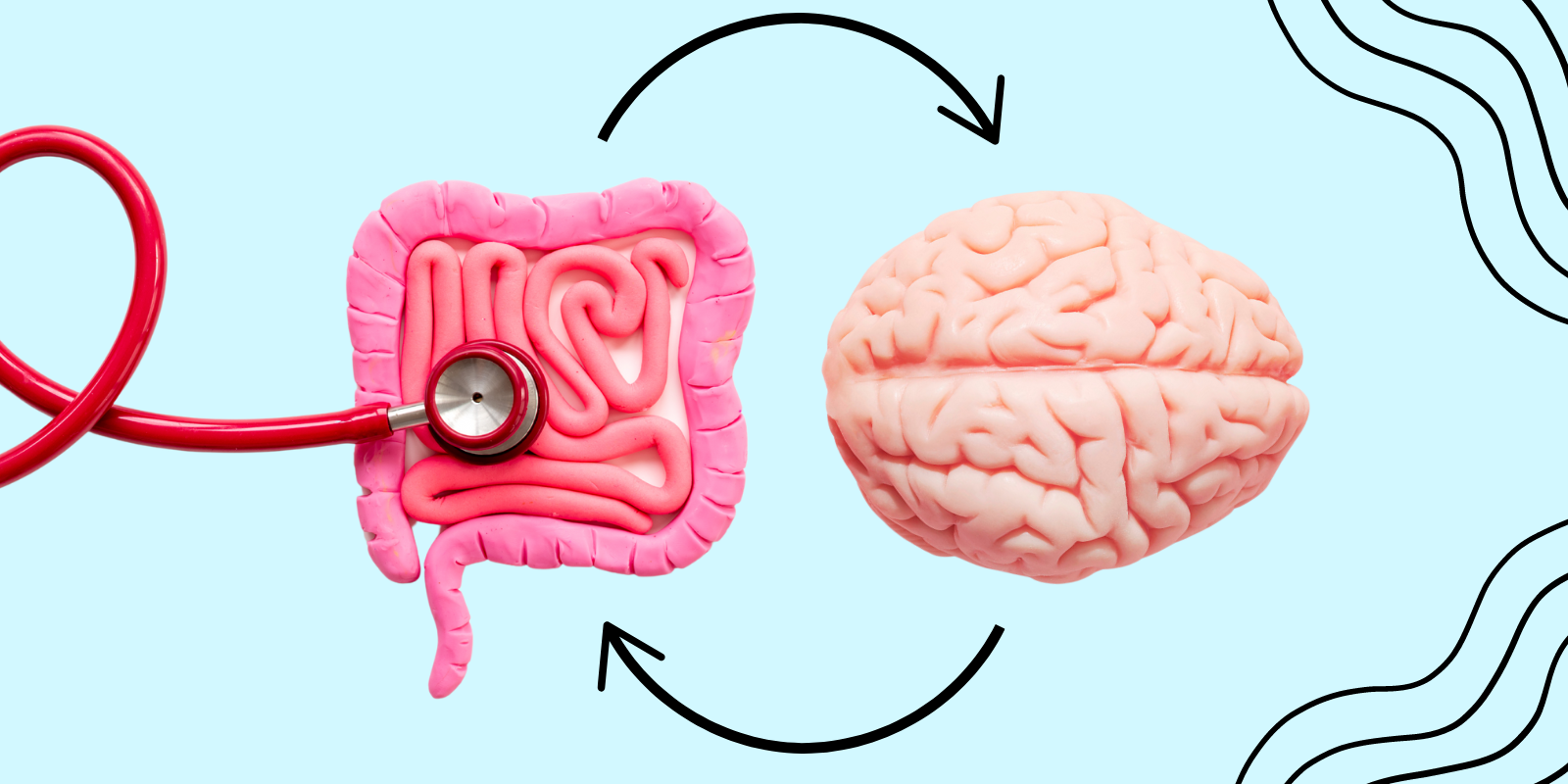The Gut-Brain Connection: Understanding the Butterflies in Your Stomach
Have you ever felt those familiar butterflies in your stomach before an exam, a public speaking engagement, or a big work presentation? Those sensations are not merely figments of your imagination; they are tangible manifestations of the intricate relationship between your mind and your digestive system. This connection, often referred to as the gut-brain axis, plays a significant role in our overall health and well-being.
The Gut-Brain Axis: An Intricate Relationship
Dr. Jennifer Christie, head of the Division of Gastroenterology and Hepatology at the University of Colorado Department of Medicine, emphasizes the profound connection between the brain and the gut. “There is a very intimate connection between the brain and gut,” she explains. This relationship is particularly important when considering gastrointestinal disorders, known as functional bowel disorders, which can arise from this complex interplay.
Functional bowel disorders encompass a range of conditions, including functional bloating, constipation, diarrhea, and irritable bowel syndrome (IBS). IBS alone affects an estimated 25 to 45 million people in the United States, making it a prevalent yet often misunderstood condition. Diagnosing these disorders can be challenging, as they often present with a combination of chronic or recurrent gastrointestinal symptoms that do not align with traditional diagnostic criteria, such as intestinal blockage or inflammation.
The Challenge of Diagnosis
Patients suffering from functional bowel disorders frequently experience frustration. Despite their symptoms, medical tests may not reveal any abnormalities. Dr. Christie notes, “Functional bowel disorders are a group of diagnoses that are fairly common; however, we’re still trying to understand why this happens.” The symptoms often stem from signals exchanged between the brain and the gut, highlighting the need for a deeper understanding of this communication.
Exploring the Brain-Gut Relationship
At the heart of the gut-brain connection lies the enteric nervous system, a complex network of neurons embedded in the gut that communicates with the central nervous system (the brain) through the autonomic nervous system. The vagus nerve, which extends from the lower part of the brain to the stomach, plays a crucial role in this bidirectional communication.
Dr. Christie elaborates, “The enteric nervous system drives motor function and sensations we feel in our gut.” Hormones like serotonin and various chemicals facilitate the transfer of information about gut function and sensations. However, the mechanisms behind these signals are complex and not yet fully understood.
The Role of Serotonin and the Gut Microbiome
Many people associate serotonin primarily with mood regulation in the brain, but it also plays a vital role in the gastrointestinal tract. In fact, the majority of the body’s serotonin is produced and stored in gut cells. Dr. Christie explains, “Serotonin helps modulate how the gut moves — the contractions, what we call peristalsis, of the gut.” It also influences our perception of sensations such as hunger, fullness, and bloating.
Medications targeting serotonin receptors are commonly prescribed for patients with IBS, but addressing serotonin is just one piece of a larger puzzle. The development of functional bowel disorders is multifactorial, influenced by environmental factors, food triggers, genetics, and the gut microbiome—the diverse ecosystem of bacteria, viruses, and fungi residing in our intestines.
Dr. Christie notes, “The gut microbiome produces chemicals and hormones that may trigger how our gut feels and functions.” This creates a feedback loop where the brain and gut continuously communicate, influencing each other’s health and function.
Supporting Brain and Gut Health
For individuals experiencing functional bowel disorders, a variety of therapies are available, tailored to their specific symptoms. Given the brain’s influence on gut health, behavioral therapies can also be effective. Dr. Christie mentions options such as biofeedback, cognitive behavioral therapy, and gut-directed hypnotherapy, which can help patients manage their responses to external triggers and alleviate debilitating symptoms.
Listening to one’s body is crucial. “It’s true — the gut instinct is real,” Dr. Christie advises. Identifying and avoiding triggers, whether they be certain foods or stressful situations, can significantly improve gut health.
Additionally, general strategies for supporting gut health include:
- Adequate Sleep: Prioritizing restful sleep can enhance overall health and gut function.
- Regular Exercise: Physical activity supports both mental and physical health, helping to regulate stress and its impact on the gut.
- Stress Management: Recognizing and managing stressors is vital, as even everyday stress can affect gut function.
The Future of Gut-Brain Research
Despite the progress made in understanding the gut-brain connection, much remains to be explored. Researchers are actively investigating the pathways that trigger functional bowel disorders, identifying at-risk individuals, and discovering new methods for symptom relief. Dr. Christie highlights the ongoing research at the University of Colorado, where a dedicated team is working to unravel the complexities of this relationship.
If you are experiencing gastrointestinal symptoms, it is essential to consult with a healthcare provider early on. Early intervention can lead to appropriate recommendations and strategies to improve your gut health.
Conclusion
The butterflies in your stomach are more than just nerves; they are a reminder of the intricate connection between your brain and gut. By understanding this relationship, we can better appreciate the complexities of functional bowel disorders and take proactive steps to support our overall health. Whether through lifestyle changes, behavioral therapies, or ongoing research, the journey toward better gut health is one worth pursuing.
